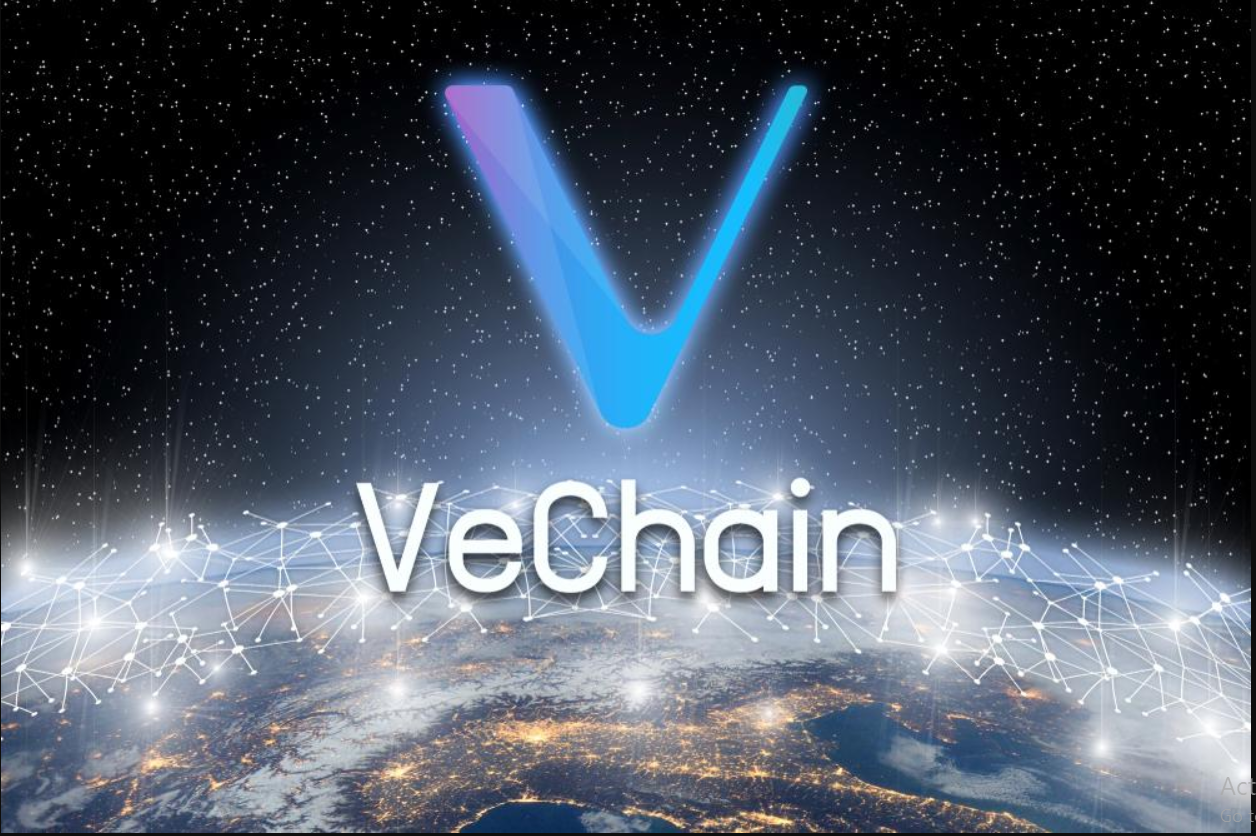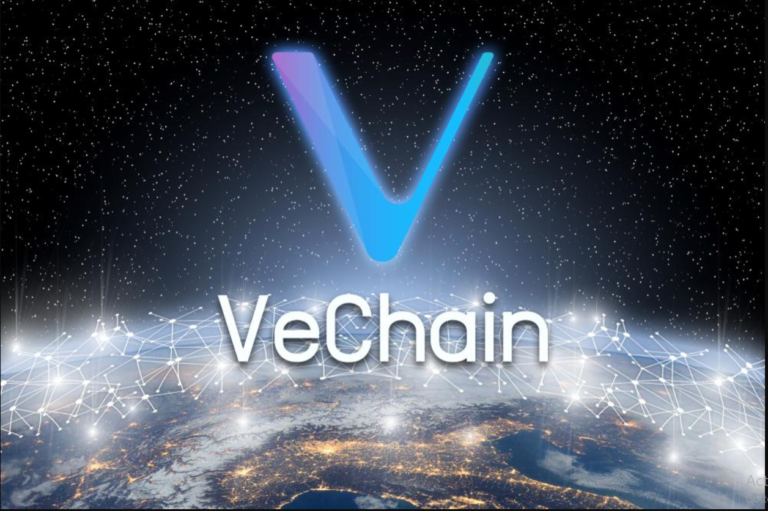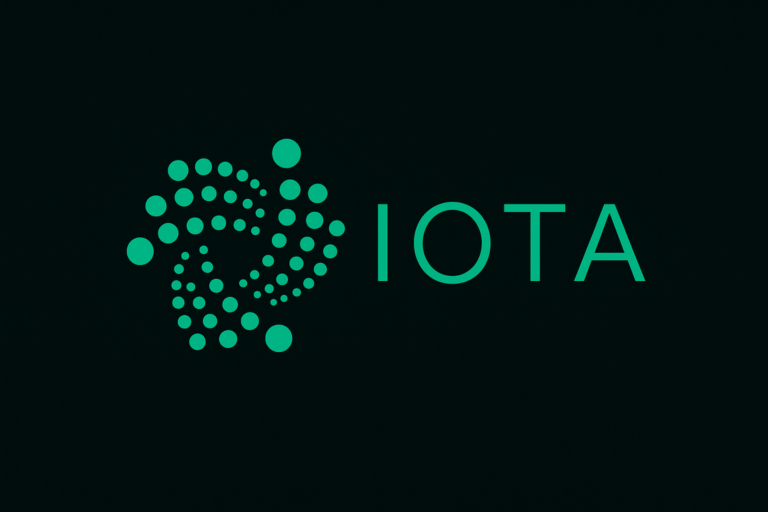
In the global race toward net-zero emissions, accurate and transparent carbon tracking is no longer a public relations gesture — it’s a regulatory necessity and a competitive advantage. As governments tighten climate disclosure rules and consumers demand verifiable sustainability, businesses face mounting pressure to measure, report, and reduce their environmental impact.
Blockchain technology, with its immutable and transparent nature, is emerging as a critical tool for this transition. One of the most active players in this space is VeChain (VET), a blockchain platform designed specifically for real-world business applications. Through its carbon tracking and sustainability solutions, VeChain is helping enterprises not only meet compliance requirements but also build consumer trust in their environmental claims.
Why Carbon Tracking Needs a Digital Upgrade
Traditional sustainability reporting relies heavily on manual data collection, fragmented databases, and internal auditing. This often leads to:
-
Delayed reporting – data may be months old before it’s reviewed.
-
High costs – consultants and auditors add significant overhead.
-
Limited transparency – consumers and regulators often can’t verify claims independently.
-
Greenwashing risks – unverifiable claims can damage reputations and lead to penalties.
Blockchain offers a way to digitize and authenticate sustainability data in real time, ensuring records are secure, verifiable, and shareable with all stakeholders.
VeChain’s Approach to Carbon Tracking
VeChain’s blockchain platform integrates Internet of Things (IoT) sensors, enterprise resource planning (ERP) systems, and its VeChainThor blockchain to collect and record sustainability data at every stage of a product’s life cycle.
The system allows businesses to:
-
Collect Data Automatically
-
Sensors track emissions from production lines, transportation fleets, and energy consumption.
-
Data flows directly into VeChain’s blockchain, reducing manual errors.
-
-
Store Records Transparently
-
Once data is on-chain, it’s time-stamped and immutable.
-
Businesses cannot retroactively alter reports, ensuring credibility.
-
-
Generate Carbon Footprint Reports
-
Smart contracts aggregate emissions data and calculate real-time carbon footprints.
-
Reports can be tailored for internal use, regulators, or public disclosure.
-
Case Studies: VeChain in Action
1. BYD – Green Vehicle Emissions Tracking
VeChain partnered with Chinese electric vehicle manufacturer BYD to create a blockchain-based carbon banking solution. This system records driving data from vehicles and calculates reduced emissions compared to gasoline-powered cars. Drivers earn rewards for lowering their carbon footprint, and the data is accessible to regulators for compliance verification.
2. Shanghai Gas – Energy Sector Sustainability
In collaboration with Shanghai Gas, VeChain developed a blockchain platform to track the full life cycle of LNG (liquefied natural gas) shipments — from extraction to delivery. This includes monitoring carbon emissions at each stage, helping the company optimize operations and reduce waste.
3. Walmart China – Sustainable Food Supply Chains
While primarily focused on food traceability, Walmart China’s VeChain-powered system also integrates environmental impact data. This allows the retailer to monitor transportation efficiency, packaging waste, and energy usage within its supply chain.
The Role of VET and VTHO in Sustainability Audits
VeChain operates a dual-token model:
-
VET – used for value transfer and staking, securing the network.
-
VTHO – used to pay for transaction fees and execute smart contracts.
In carbon tracking systems, companies use VTHO to write new data onto the blockchain. This means the cost of sustainability auditing is predictable, allowing enterprises to budget for compliance more effectively.
Why Businesses Are Choosing VeChain for Sustainability
-
Regulatory Readiness – Supports frameworks like the EU’s Corporate Sustainability Reporting Directive (CSRD) and the Task Force on Climate-Related Financial Disclosures (TCFD).
-
Consumer Transparency – QR codes or NFC chips allow end-users to scan and see verified sustainability data.
-
Operational Efficiency – Automates data capture, reducing reliance on third-party auditors.
-
Reputation Management – Blockchain-backed claims build trust with investors, customers, and regulators.
Challenges and the Road Ahead
While VeChain’s technology addresses many pain points, adoption still depends on:
-
Hardware integration – IoT devices must be deployed consistently across facilities.
-
Industry cooperation – Data sharing between supply chain partners remains a hurdle.
-
Standardization – Global carbon reporting standards are still evolving.
VeChain is working with organizations like the Global Reporting Initiative (GRI) and the Carbon Disclosure Project (CDP) to align blockchain-based solutions with recognized sustainability frameworks.
Conclusion: Blockchain as a Climate Accountability Tool
VeChain’s role in carbon tracking and sustainability audits is more than a niche use case — it’s part of a larger movement to integrate trustless, verifiable data into climate accountability efforts. By enabling businesses to collect, verify, and share emissions data in real time, VeChain not only improves compliance but also helps align corporate action with global climate goals.
As environmental regulations tighten and greenwashing risks grow, blockchain-based solutions like VeChain’s are positioned to become a cornerstone of corporate sustainability strategy.





